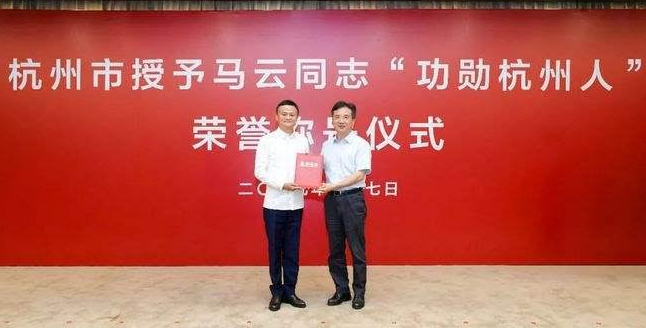Nearly 10 years in, the Chinese Communist Party’s campaign to rid itself of bad elements has by no means abated. This month, a former Hangzhou party secretary was denounced for financial malfeasance, and officials in Beijing and Henan are being investigated over mismanagement of public safety.
The Central Commission for Discipline Inspection (CCDI) last Wednesday announced the expulsion from the party and government of former Hangzhou Party Secretary Zhou Jiangyong.
At the conclusion of a five-month investigation, the CCDI declared the 54-year-old Zhou had “acted against the Central Committee’s decisions, colluded with capital, and supported the disorderly expansion of capital.” Zhou had used family ties to illegally arrogate wealth, the CCDI stated.
Top officials in China who are removed for alleged abuse of power are not initially tried by the courts, but investigated by the CCDI, an internal governance mechanism within the highest reaches of the party. Only after the CCDI issues its own verdict will such cases move to a formal trial.
The CCDI reaffirmed its mission publicly on January 18 at a plenary meeting in Beijing, at which Xi Jinping stated in a speech, “We must insist on punishing corruption with an attitude of zero tolerance,” according to Xinhua.
“We must be soberly aware that the battle against corruption remains fierce and is showing new characteristics in a new phase,” Xi said.
The politics of Zhou’s case and the way his financial misdeeds may have clashed with the government’s broader prerogatives have been the subject of much debate and interest online. This is chiefly because Hangzhou, the city over which Zhou presided as party secretary, is where Alibaba, one of China’s largest e-commerce companies, is headquartered.
Some netizens have speculated that Zhou’s fate bodes ill for Jack Ma, Alibaba’s billionaire founder.
Ma reduced his public presence in late 2020 when regulators suspended an Initial Public Offering of stock by Alibaba’s subsidiary Ant Financial.
Alibaba is seen as a threat to China’s regulators, partly because the ubiquity of its mobile payments system, Alipay, threatens the central bank’s ability to govern the economy with monetary policy, as Canghao Chen described in The Diplomat last year.
Following Zhou’s denunciation by the CCDI last week, state media outlet China Economic Weekly published an investigative report examining Zhou and his family members’ connections to a variety of businesses.
The article, which became a trending search topic, was titled “What exactly are the capital [entities] Zhou Jiangyong promoted disorderly expansion of?”
The article describes a connection with Alibaba’s Ant Financial. A company called Youcheng LLC, founded by Zhou’s younger brother, was involved in the upgrading of the Hangzhou subway system, and had as a corporate shareholder Yunxin Venture Capital, which is a wholly-owned subsidiary of Ant Financial.

Zhou Jiangyong (right) presents an award to Jack Ma in Hangzhou in 2007. Photo from Weibo/ Qinianyilun.
Toronto-based independent journalist Wen Zhao believes this article shows the government is attempting through the media to tarnish Jack Ma’s reputation.
“It’s a malicious question. When you mention Hangzhou, and you talk about the disorderly expansion of capital, who do you think people will think of?” said Wen in a webcast.
“There are obvious signs now that they are stepping in to take on Jack Ma, and the media has been given hints to let loose,” said Wen. “This may be part of another round of attacks against Jiang Zemin’s faction before the 20th Party Congress.”
In the past month, in addition to concluding its investigation of Zhou, the CCDI has disciplined cadres for matters relating to mismanagement of public safety, which aroused public demands for accountability.
Beijing is confronting the spread of COVID-19 among a population with low immunity just as the Winter Olympics are about to begin.
As cold chain logistics were identified as the sources of the city’s imported cases, the CCDI on Sunday announced investigations into several lower-level cadres over how their actions may have contributed to the spread of infections.
On January 21 the CCDI reported on its investigation of the former party secretary of Zhengzhou in Henan province over mismanagement of the Zhengzhou floods in July 2021. Xu Liyi was given a “serious warning” and demoted.

































